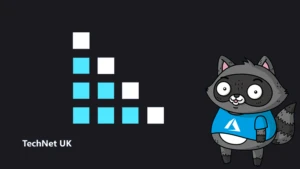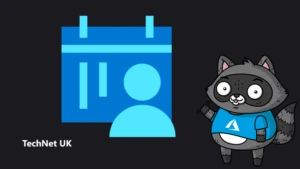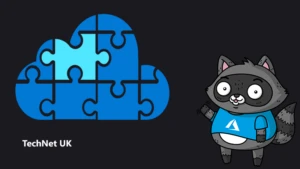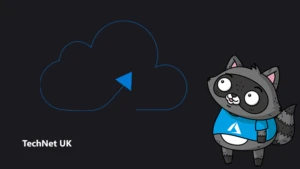
Using open source software to put the NHS in the pockets of over 40 million people

Kainos provides digital technology services for organisations across the globe. Kainos has been delivering award-winning digital transformation, data, AI, cloud and design solutions for over 30 years, and employs over 1,600 people across Europe and North America.
Working with the NHS
In September 2017, the UK Secretary of State (SoS) for Health made several public commitments focused on addressing the needs of 40+ million patients and 7,500+ GP (MD) practices in England by providing digital access to core NHS Services – the ambition was to create a universal Digital Front Door for the NHS through which patient services could be delivered. The NHS app was created to help deliver this commitment.
We worked with NHS Digital and fellow Microsoft partners, including BJSS, to help create a fully integrated user-centric service to be delivered through smartphone native apps, in just 15 months. It enables the 40+ million patients in England to check symptoms, book appointments, order repeat prescriptions, view their medical record and register to be an organ donor, all from their smartphone – truly transforming how people in England access healthcare.
We continue to work on the programme enabling the next wave of services to be provided through the App. We have also helped and will continue to help the NHS in the UK with its response to COVID-19.
Using Kubernetes and Azure
This project required a foundational platform that was scalable and secure. After significant evaluation, we chose to adopt the Azure Kubernetes Service (AKS). Adopting a managed Kubernetes offering like AKS provided the scalability and adaptability needed to allow the app to effectively service millions of people. It also provided the speed needed to allow delivery to progress at pace, ensuring we met deadlines throughout the project.
It is very important to us that software like Kubernetes is open source. We align closely to the UK Government’s Design Principles, one of which is: “Make things open: it makes things better”. We share this philosophy and try to use and create open-source software as much as possible.
This was also one of the first instances for NHS Digital to host a user-facing transactional service using public cloud. We chose the Azure platform for this project due to its flexibility, extensive service catalogue and its highly integrated multilayer approach to securing workloads. Additionally, our strong partnership with Microsoft is key to our ongoing strategy, as Microsoft’s constant investment and innovation to their technology means we know we are delivering world-class technology for our customers.
Pushing forward with open source
Open-source software (OSS) is critically important to developers. It eliminates “reinventing the wheel” – spending time and money designing and implementing a solution to a problem that someone else in the larger community has already solved. More often than not, the community has already identified and rectified issues that you haven’t even thought of when considering the problem. OSS allows us to build and improve upon the experience of others in the field.
Kainos believe in “Open by Default”. The source code for many of our public sector projects has been published to GitHub, empowering the community at large to contribute to the work. Of course, the source product is ultimately owned by the customer, and open-sourcing any product is a customer decision which we are happy to give guidance on.
If you are thinking about releasing your work as open source and it uses other third-party components, my advice would be to thoroughly check any licensing restrictions that apply therein. For a short summary of different licensing models, check here.
More from the author
I’m Peter Farrell, a Technical Architect at Kainos Software. You can find me on LinkedIn or Twitter and I also write some blog posts on Medium. Make sure you follow Kainos across LinkedIn, Twitter and Facebook as we post updates about our work across these channels frequently.
Want to learn more about this project? Be sure to view the full case study on the Kainos website.
More from the OSS series
- Bringing open source sentiment analysis assistance to neurodiverse people
- Using open source software to boost your PowerShell skills
- Creating a bionic arm with open source software
- Saving lives from natural disasters with open source software
- Using open source software to connect charities with people in need of social housing




